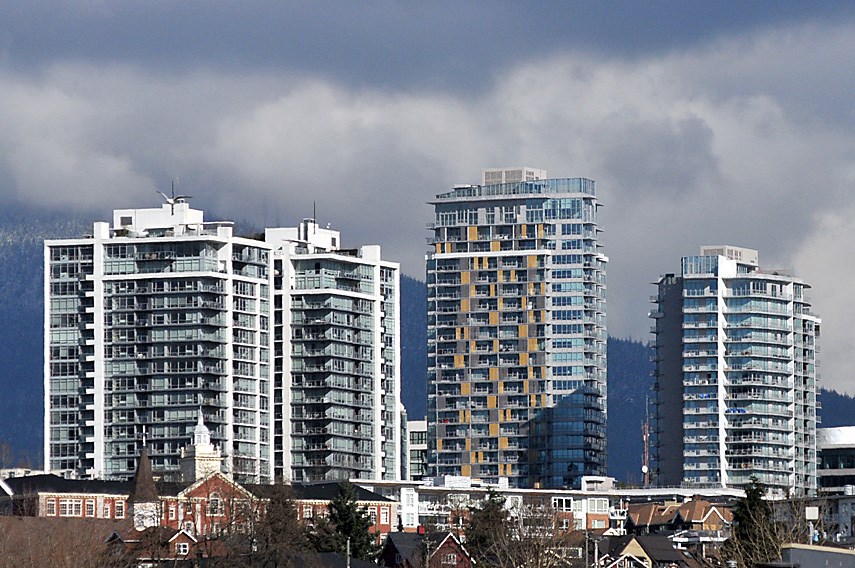After five years of all three levels of government trying to fix the issue of affordable housing, Canadian homes cost more than they ever have, rents are at record highs and rental vacancies are at near record lows. There are more homeless people than ever, and in more communities.
Now we have the latest round of stupid ideas – sadly from the private sector as well as government – that are supposed to fix the problem while ignoring the only real solutions.
Much of the “help” is concentrated on high-priced British Columbia, which has the fastest-growing population in the country.
The federal government wants to place a national tax on foreign homebuyers while at the same time encouraging record-high levels of immigration. Duh.
The B.C. government plans to mandate a seven-day ‘cooling-off’ period during which a homebuyer can walk away from an agreed transaction without any financial penalty. Since the majority of those selling a home are also buying a home, the week-long delay would create a cascade of confusion and reduce listings in a market already short of inventory, while putting no brake on prices.
The B.C. Real Association, which should know better, recommends a week-long ‘pre-sale’ period between when a home is listed for sale and offers can be accepted. All this would do is delay and frustrate buyers and sellers and, once more, discourage listings.
Big brains at the University of British Columbia want to slap Canada’s first capital gains tax on private residences – and make it retroactive. University thinktanks also recommend a superlative tax on all homes priced at $1 million or more, as if they were a rare commodity, and policies to curb “excessive” profits when a home is sold, as if sellers were the villain.
All levels of government say they are trying to house the homeless, but the solutions are not sustainable for taxpayers.
The latest example is Burnham Place in East Vancouver, which opened March 10 with a photo-op for federal and City of Vancouver politicians. The 68-unit complex is meant to house “people experiencing or at risk of homelessness.” The project cost $500,000 per apartment and ongoing expenses include “medication administration,” free meals and 24-hours-a-day/7-days-a-week staffing at union scale, apparently forever.
Another wacky B.C. idea is cheap tiny houses under 300 square feet, ignoring the fact that land values, home sale taxes and municipal permit fees are the key reasons house prices are so high.
So how do homes become more affordable?
More supply, fewer taxes and less red tape would be the first three steps.
An independent study conducted for the Greater Vancouver Board of Trade’s Housing Forum 2018 found that government taxes and fees account for 26.2 per cent, or $220,256, of the total $840,000 cost of a typical new Vancouver condo apartment. The only thing that has changed since is that city fees, taxes and home prices are even higher.
B.C. has perhaps the most regressive anti-landlord rental regulations in North America. It also has the tightest rental supply, highest rents and the lowest vacancies in Canada.
Look to Calgary, which has a healthy housing inventory, and where, despite high in-migration and a recent 80 per cent month-over-month surge in housing sales, the average home price is about half the national average and one-fifth that of Vancouver. Calgary’s rental vacancy rate is a tenant-friendly 5 per cent and a typical two-bedroom rents for $1,355, half the price in Vancouver.
Alberta is one of only two provinces with no rent controls and no tax on the resale of private homes, and Calgary has a streamlined residential development approval process: three of the signposts towards more affordable housing.
- Frank O'Brien is the editor of Western Investor



